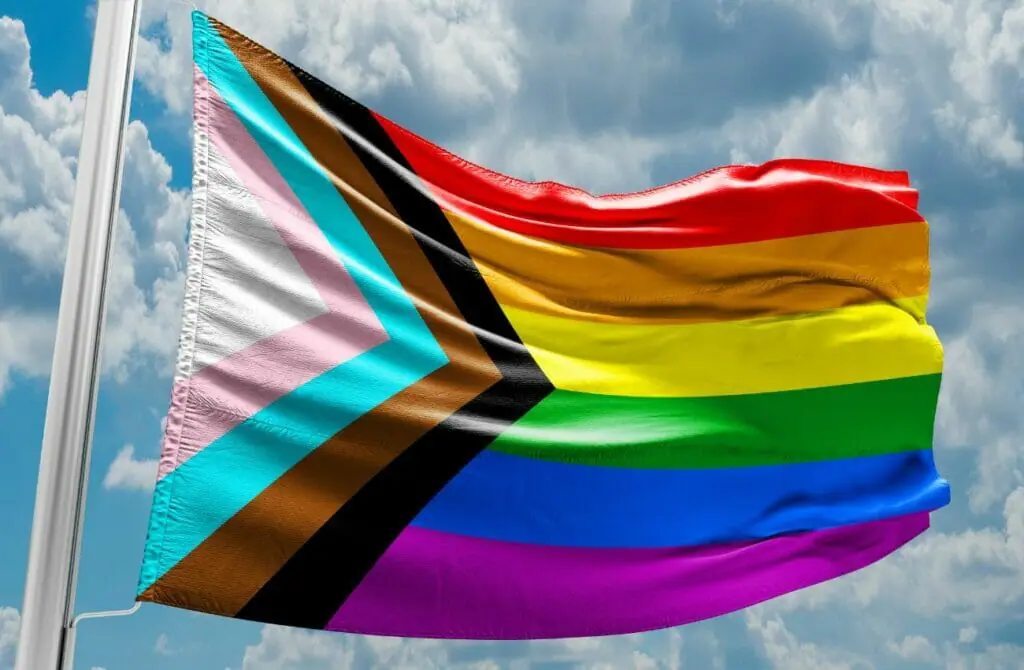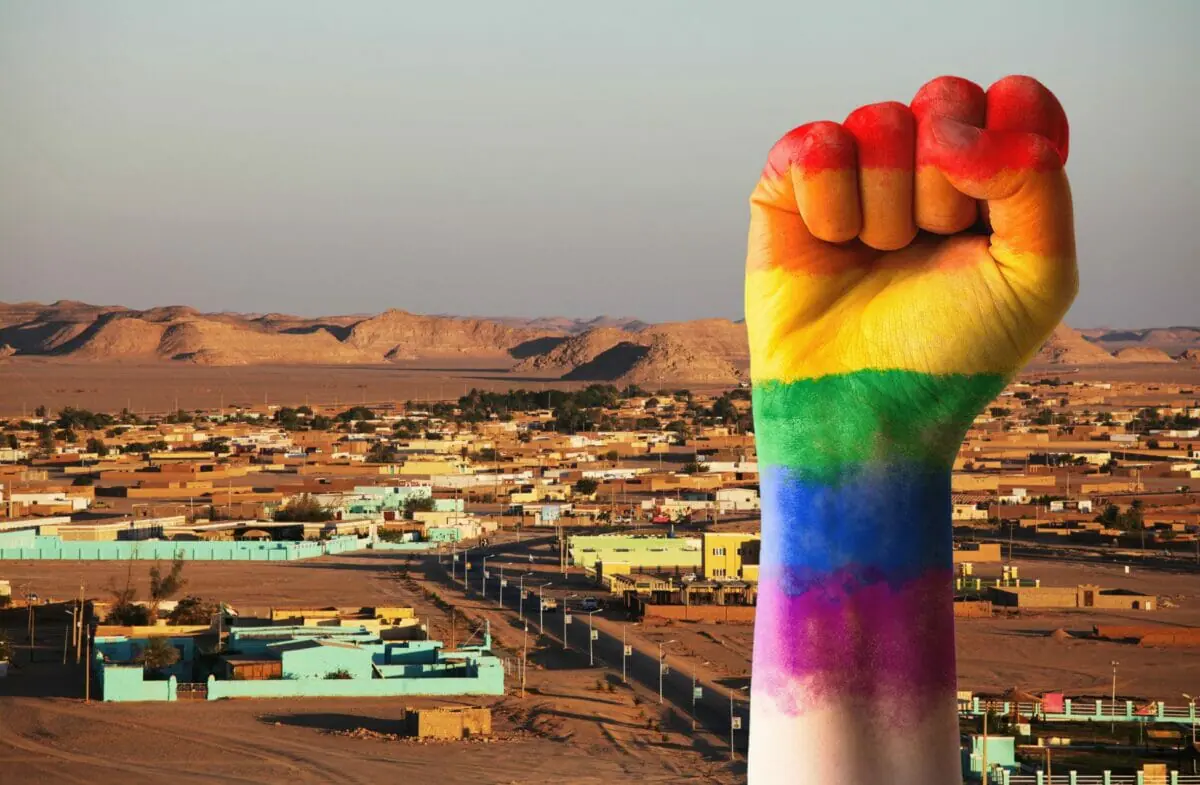LGBT rights in Sudan are a complex and challenging issue. As of now, lesbian, gay, bisexual, and transgender individuals in the country face significant difficulties and risks. Homosexual activity for both men and women is illegal, with possible punishments ranging from life imprisonment to corporal and capital punishments.
This creates an environment where discrimination, harassment, and abuse are common occurrences, ultimately impacting both local people and tourists visiting the country. The legal landscape and overall attitude towards the LGBT community in Sudan can change rapidly, so it’s crucial to seek the latest information before making any travel plans.
For those interested in advocating for LGBT rights in Sudan, there are several international organizations that work to promote and protect the rights of LGBT individuals globally.
One example is the International Lesbian, Gay, Bisexual, Trans, and Intersex Association (ILGA), which actively campaigns for LGBT equality and has documented the situation in Sudan over the years. Other international human rights organizations, such as Human Rights Watch and Amnesty International, have occasionally addressed the issue of LGBT rights in Sudan as part of their broader mandate.
To protect oneself in Sudan, particularly if one is part of the LGBT community or is perceived to be, it is essential to exercise caution at all times. Visitors should avoid public displays of affection, especially between individuals of the same sex, and be discreet about their sexual orientation or gender identity.
While there may be some areas or communities where LGBT individuals are more accepted, it is crucial to remember that, as the overall situation is volatile, it’s necessary to remain vigilant and aware of the surroundings.
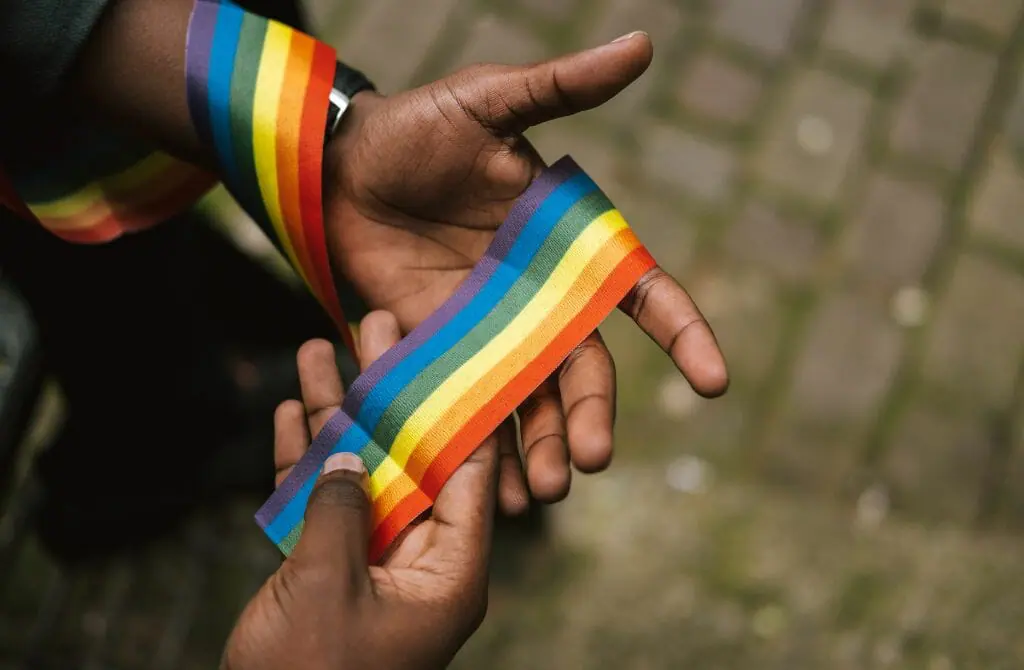

History Of LGBT Rights In Sudan
The history of LGBT rights in Sudan can be traced back to the era of Anglo-Egyptian Sudan when homosexuality was criminalized in 1899. Throughout the years, LGBT rights have faced numerous obstacles, including discrimination against lesbian, gay, bisexual, transgender, and intersex (LGBTI) people.
In the late 1930s, a unique example of LGBT existence in Sudan was observed among the Nuba tribes. The Otoro tribe had a special transvestitic role, where men dressed and lived as women. However, these instances remained isolated, and the broader society failed to recognize and accept the rights of LGBT individuals.
The situation for LGBT rights in Sudan remained dire under the rule of Omar al-Bashir, who was ousted during a revolution in April 2019. Although there was hope for improvement in human rights under the new government, LGBT rights in Sudan still face significant challenges.
The legal systems and societies in both Sudan and Egypt have historically led to discrimination and violence against individuals identifying as lesbian, gay, bisexual, trans, or intersex.
LGBT+ activists like Rachel Savage and Ban Barkawi have worked tirelessly to bring attention to the plight of the LGBT community in Sudan. They strive to make a difference by collaborating with international organizations and advocacy groups such as the International Lesbian, Gay, Bisexual, Trans and Intersex Association (ILGA).
As the situation concerning LGBT rights in Sudan is complex and fluid, it is vital for both locals and visitors to exercise caution and be vigilant. While progress is being made, many challenges still persist, and the situation on the ground can change quickly. It’s essential to seek current advice before traveling and be aware that there are always bad actors in any country.
Relevant LGBT advocacy groups such as ILGA can provide essential information and support for those seeking to understand and navigate the current environment concerning LGBT rights in Sudan. In conclusion, it is crucial to remain informed, exercise caution, and support ongoing efforts to improve the human rights situation for the LGBT community in Sudan.

The LGBT Legal Situation In Sudan
In Sudan, the legal situation regarding LGBT rights has been challenging and restrictive for a long time. Homosexuality is considered illegal, and individuals found guilty face severe penalties and consequences.
Sodomy, as outlined in Article 148 of the Criminal Code, is punishable by flogging (100 lashes) and imprisonment of up to five years for first-time offenders. Upon a second conviction, the punishment remains the same; however, after the third offense, the individual risks facing the death penalty.
The criminalization of same-sex acts in Sudan is deeply rooted in Sharia law. This has led to widespread discrimination against individuals identifying as lesbian, gay, bisexual, transgender, and intersex (LGBTI) in Sudanese society.
The lack of legal recognition and protection leaves the LGBT community vulnerable to harassment, arrest, and abuse from both society and law enforcement. Employment and housing discrimination are prevalent issues, with no existing legal protections in place.
Despite the hostile environment, there have been recent signs of reform in Sudan. In July 2020, the country’s sovereign council announced that it would lift the death penalty and flogging as punishment for same-sex acts. The decision was widely praised by LGBT activists and human rights advocates as a step in the right direction.
However, it is essential to note that even with recent reforms, the situation for LGBT individuals in Sudan remains precarious. Local advocacy groups work tirelessly to promote LGBT rights and provide support, but the road to full equality is still a long way off.
As a visitor or tourist in Sudan, it is crucial to stay up-to-date with the current legal situation and local advice, as the environment can change rapidly. Moreover, it is always essential to be aware of potential dangers and remain vigilant, as bad actors can be found in any country.
In conclusion, the legal situation for LGBT individuals in Sudan remains difficult, with enforced penalties for same-sex relationships, discrimination, and limited recognition of their rights. However, recent reforms and advocacy efforts show a glimmer of hope for positive change, emphasizing the importance of staying informed on the most current information and being vigilant in the face of potential risks.
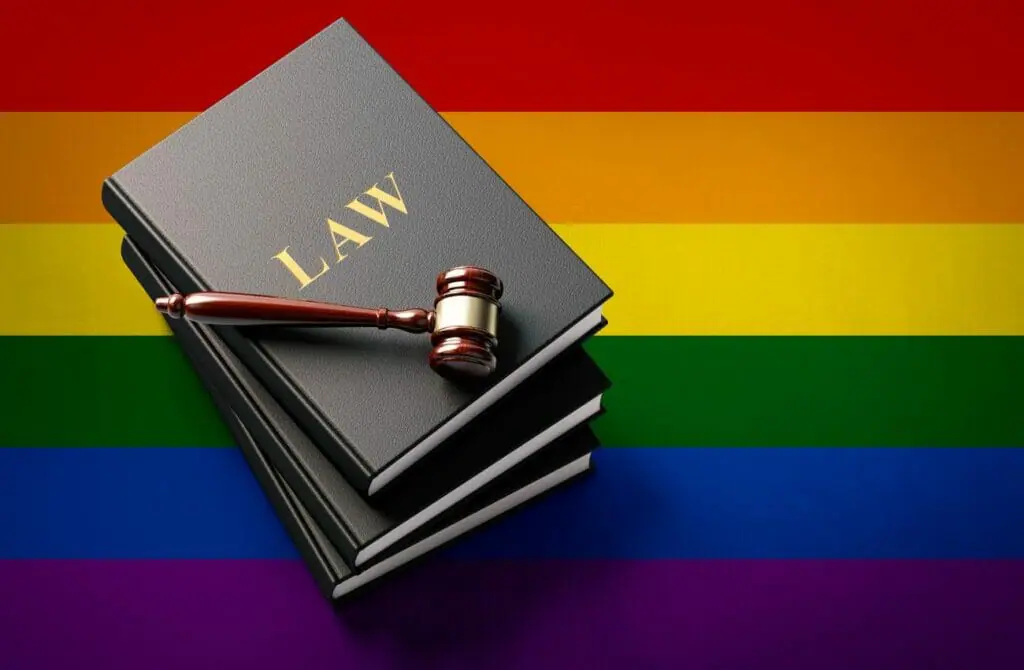

The LGBT Social Situation In Sudan
In Sudan, LGBT rights are severely limited, both legally and socially. Homosexuality is illegal, with punishment ranging from imprisonment to the death penalty for repeated offenses.
This punitive environment has created considerable challenges for the LGBT community in Sudan, with societal discrimination and stigma widespread, further restricting the freedom of these individuals.
In the past, Sudan’s government has not taken any measures to protect the rights of LGBT people, leading to scarce acknowledgment of this community in public spheres. This lack of representation has contributed to a society where many people feel insecure or hidden, fearing consequences such as violence, hate crimes, and adverse reactions from friends and family.
While there are some individuals and organizations advocating for LGBT rights using social media, their voices face many obstacles. In some cases, social media has become an essential platform for sharing information and gathering support, but privacy concerns and censorship still pose challenges for individuals affected.
In Sudan, the lack of education about LGBT rights has contributed to the persistence of the stigmatization against this community. This influences how societal norms and values are maintained, creating further problems for those seeking to break free from traditional gender roles.
Even in Nuba tribal society, where transvestitic roles and transvestitism have been documented, a broader acceptance of LGBT identity is still heavily constrained by societal pressures and escalating intolerance.
For tourists or foreign visitors to Sudan who are part of the LGBT community, it is crucial to remain attentive and vigilant about one’s safety and well-being. Although the situation may vary, it is essential to seek current advice before traveling, given the harsh reality faced by local LGBT individuals.
It is also valuable to remain informed about relevant LGBT advocacy groups, as they can provide support and guidance in navigating the challenging conditions in Sudan. These organizations can offer advice on how to stay safe in an often hostile environment while also raising awareness about the social situation and the necessary steps to improve and protect LGBT rights in the region.
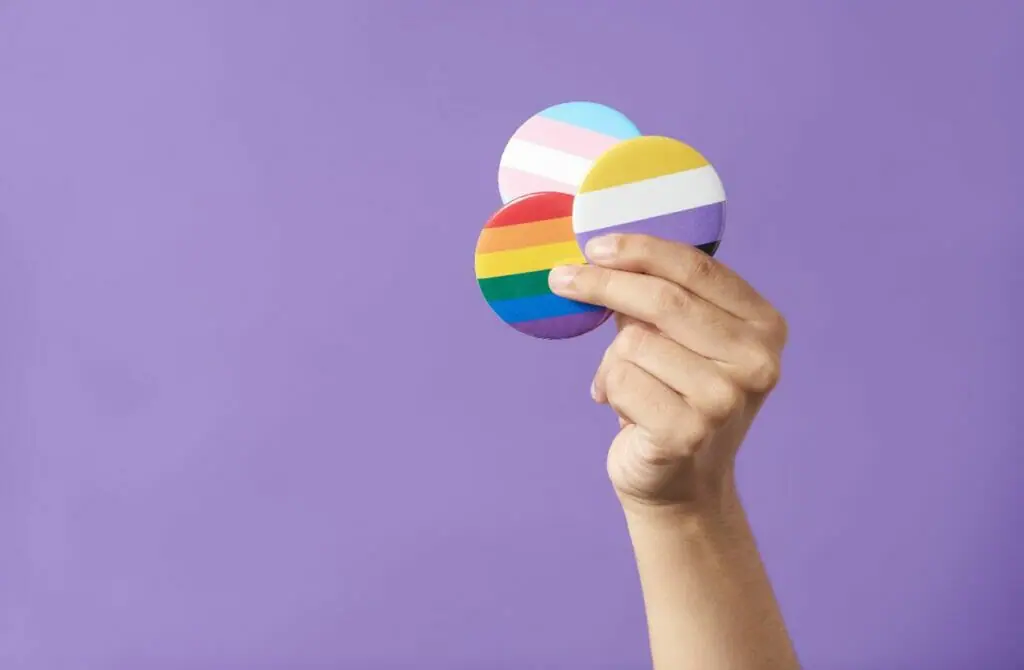
Trans Rights In Sudan
In Sudan, transgender individuals face considerable challenges as societal discrimination is widespread. The majority of the population considers non-conforming gender expression and identity to be socially unacceptable. Transgender rights are limited, as the process of changing gender is ambiguous, and there are no explicit legal protections for transgender people.
Regarding the equal age of consent, there is no specific legislation addressing transgender individuals, but it is important to be cautious and vigilant. Due to the stigmatization of transgender people, the legal and social landscape may change rapidly, and information may become outdated. As a result, it is crucial to seek current advice before traveling to Sudan.
Local advocacy groups can provide valuable resources and insight for transgender individuals. Organizations, such as the ones fighting for broader LGBT rights, might be able to support and guide transgender people in navigating the legal and social challenges they face in Sudan.
For readers concerned about their safety, it is vital to remain vigilant and discreet about their gender identity or expression while in Sudan. Taking proactive steps, such as researching safe spaces or connecting with supportive communities, can help protect oneself from potential risks.
In conclusion, transgender rights in Sudan are limited and face societal discrimination, demonstrating the importance of continued vigilance and caution, as well as supporting advocacy groups that work towards positive change in the country.
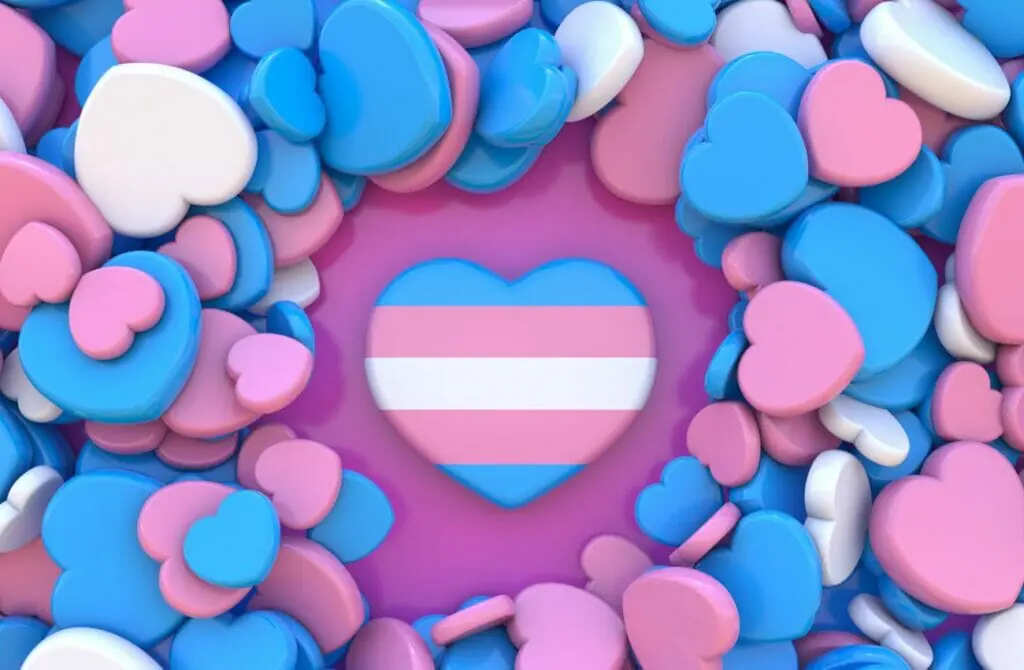

The Future For The Queer Community In Sudan
The future of LGBT rights in Sudan is uncertain, but there is hope for progress. Following the Sudanese revolution, a more open society has emerged, facilitating discussions on various social issues, including LGBTQI+ rights. However, the LGBTQI+ community currently remains unrecognized and faces numerous challenges.
Reforms in Sudan have recently led to the lifting of the death penalty and flogging for same-sex relations, a positive development for the LGBT community. However, homosexuality is still punishable by imprisonment, and discrimination is prevalent.
Legal recognition of same-sex unions, like same-sex marriage or civil partnerships, remains a distant goal. Decriminalization of homosexuality and the establishment of legal protections are necessary for a more inclusive society.
Local LGBT advocacy groups, such as Rainbow Sudan, continue to work towards LGBT acceptance and protection despite existing censorship and strong opposition in Sudan. Peace and democracy-building initiatives create an environment for raising public awareness, understanding, and acceptance of diverse gender identities and sexual orientations.
It is crucial for human rights defenders and the international community to support local LGBT advocacy efforts and call for justice and protection within Sudan. At the same time, travelers and those concerned should remain vigilant as the situation evolves and seek up-to-date information before visiting the country.
For local people, engaging in activities promoting LGBT rights can face significant risks. Ensuring they are aware of these risks and taking steps to protect themselves is vital. As the situation in Sudan can change rapidly, it is essential to maintain a balanced perspective and remain cautious while always being mindful of possible changes in legislation or social attitudes.
Although concrete steps have been taken to improve human rights in Sudan, the future of LGBT rights remains uncertain. Continued support from advocacy groups and the international community, along with the ongoing pursuit of peace, democracy, and justice, is necessary for positive change within Sudan’s LGBT community.
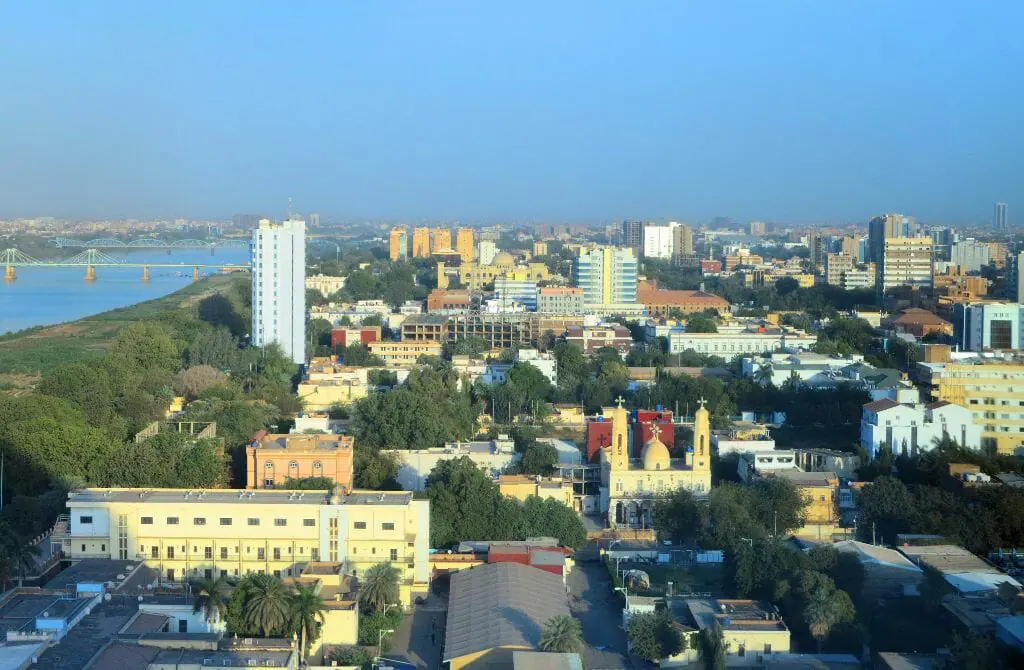
Protect Yourself While Travelling In Gay Sudan
In Sudan, LGBT rights remain limited and precarious. It is essential for both local residents and tourists to remain vigilant and take measures to protect themselves. Harassment and discrimination are prevalent due to pervasive societal attitudes and a lack of legal protection for the LGBT community in Sudan.
The Sudanese government has taken steps in recent years to reform the justice system, such as abolishing the death penalty for same-sex sexual activity and public floggings. However, homosexuality remains illegal, with a maximum penalty of life imprisonment.
To best ensure safety in Sudan, individuals should exercise caution when expressing their gender identity or sexual orientation, especially in public spaces where public morality could be invoked. It is advisable to be discreet and culturally sensitive to reduce the risk of negative experiences, such as verbal or physical harassment.
While the situation in Sudan can change quickly, it is essential to stay informed by seeking the most current advice before traveling. This includes noting any changes in legislation, potential risks, and regional differences within the country.
Since information can become outdated, consulting with local LGBT advocacy groups or organizations, such as AMERA International, can provide up-to-date guidance on the situation in Sudan.
In the event of any undesired incidents, it is crucial to know the available legal channels and support networks. Reach out to local advocacy groups and international organizations that work to protect the rights and safety of the LGBT community in Sudan.
In conclusion, maintaining safety in Sudan for the LGBT community requires staying informed, being aware of surroundings, and employing discretion in public settings. Connecting with local and international advocacy groups can provide much-needed support and guidance for both residents and tourists alike.
As with any country, remaining vigilant and cautious is vital in ensuring one’s own safety and well-being.
